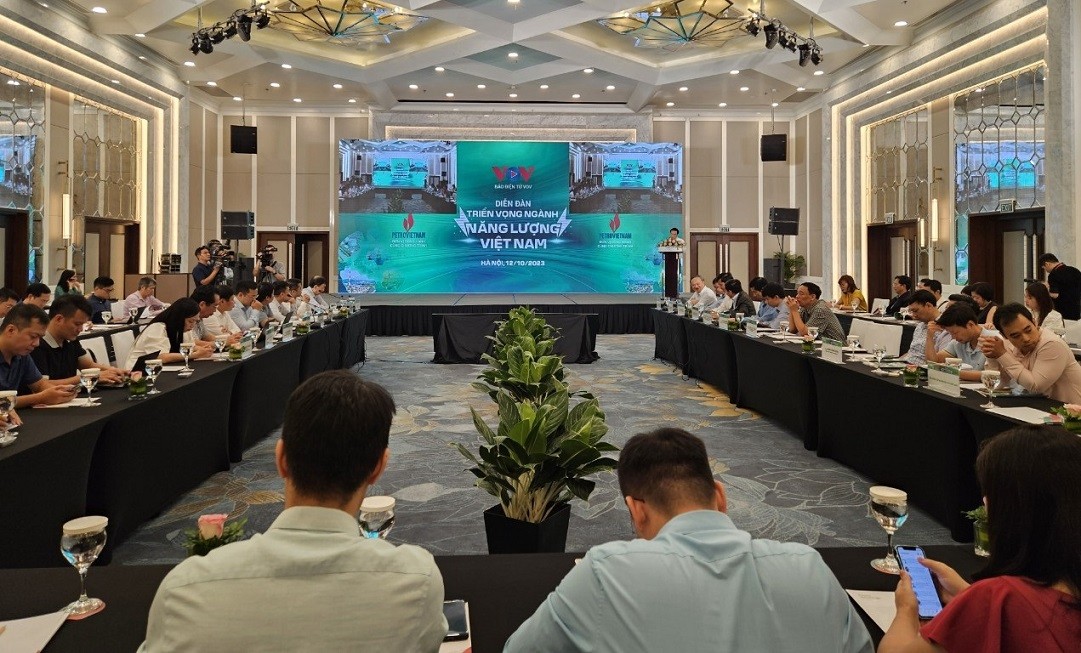 |
| Forum "Vietnam Energy Industry Prospects", October 12 in Hanoi. (Photo: Hong Ky) |
In recent years, the vision of a sustainable and developed future has become increasingly important in transforming the energy system. Traditional energy sources have caused negative impacts on the environment. In line with its commitment to ensuring energy security and its national energy vision, Vietnam has begun to set goals for developing green energy and reducing greenhouse gas emissions.
The goal of achieving net zero emissions by 2050, as committed at the 26th Conference of the Parties to the United Nations Framework Convention on Climate Change (COP26), has demonstrated Vietnam’s focus and determination. However, the transition to clean energy is not easy.
Therefore, it is necessary to have appropriate support policies to encourage businesses and people to participate in the use of clean energy. This requires careful consideration and calculation from the government to create a favorable business environment while ensuring consumer benefits.
Mr. Do Tien Sy, General Director of Voice of Vietnam , said that looking at the story of power shortages and power cuts occurring during peak seasons and localized gasoline shortages like recently, it can be seen that Vietnam's energy security is not guaranteed.
Besides available energy sources such as liquefied natural gas, hydroelectricity and coal power, Vietnam is assessed by the world to have a lot of potential to develop new renewable energy industries such as solar power, wind power, biomass power, wave power...
But to develop the energy industry and proactively provide energy for socio-economic development, Vietnam needs policies to encourage the expansion of the renewable energy market and attract businesses to invest in this industry.
According to Mr. Vuong Quoc Thang, a full-time member of the National Assembly's Committee on Science, Technology and Environment, to ensure energy security, Vietnam has been facing a number of challenges. That is, the high rate of increase in energy demand puts pressure on the energy sector's infrastructure, requiring large investment capital. The risk of power shortages still exists if there are no effective and timely solutions. The supply of gasoline and oil is still passive, lacking and vulnerable to adverse external impacts.
Mr. Thang emphasized that the limitation of domestic primary energy supply will lead to increasing dependence on imported fuels, especially fuel for power generation. “If we become a net energy importer and the proportion of imported energy in total primary energy supply increases, it will affect national energy security,” Mr. Thang warned.
According to Mr. Hoang Viet Dung, Department of Energy Saving and Sustainable Development (Ministry of Industry and Trade), in the future, primary energy sources will not meet the energy consumption needs of the economy, Vietnam will have to import primary energy to serve socio-economic development.
Therefore, it is necessary to review, develop and perfect mechanisms, policies as well as provide technical and financial support to promote investment, production and business projects on energy saving and efficiency. In particular, Vietnam also needs to research and build an energy data center, database, apply information technology on energy and use energy saving and efficiency.
From the perspective of enterprises, the representative of T&T Group said that, up to now, Vietnam still does not have enough strong legal tools, such as the Law or lower, the Decree on renewable energy development. Most of the institutional and policy documents issued in the past have been integrated into Decisions or Strategies...
The lack of strong legal tools has led to some limitations in the stable and sustainable exploitation of resources (for example, Decision No. 39 of the Prime Minister on the mechanism to support wind power development has expired for 2 years but until now there is still no mechanism to continue, causing interruption and breakage).
For offshore wind power projects, there are currently no criteria or terms defining what an offshore wind power project is. Therefore, it is necessary to specifically define the boundary between onshore and offshore wind power in the plan for implementing the VIII power plan. If this issue is not clarified, it will cause difficulties for both investors and localities and ministries.
At the Forum, experts and delegates also discussed in depth issues on the trend of using LNG energy in the world and the current situation in Vietnam; the reality of implementing investment attraction policies in the clean energy sector in Vietnam; the potential and challenges in developing renewable energy sources; proposed appropriate solutions to develop the energy sector in the coming time as well as solutions, mechanisms and policies to promote the restructuring of power sources in a suitable direction, ensuring national energy security.
Source





![[Photo] Binh Thuan organizes many special festivals on the occasion of April 30 and May 1](https://vphoto.vietnam.vn/thumb/1200x675/vietnam/resource/IMAGE/2025/5/1/5180af1d979642468ef6a3a9755d8d51)
![[Photo] Ha Giang: Many key projects under construction during the holiday season](https://vphoto.vietnam.vn/thumb/1200x675/vietnam/resource/IMAGE/2025/5/1/8b8d87a9bd9b4d279bf5c1f71c030dec)



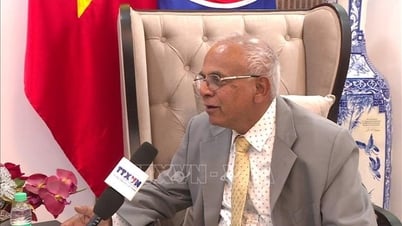




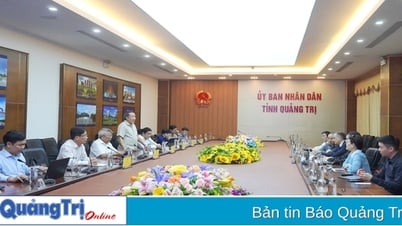





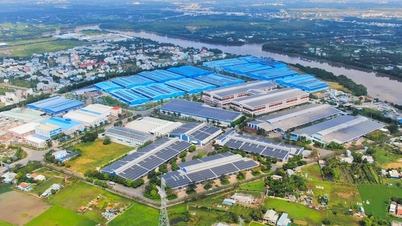







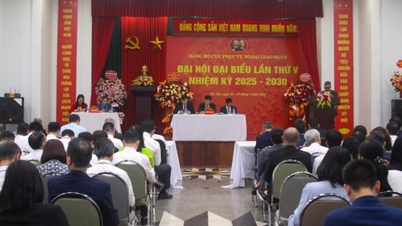
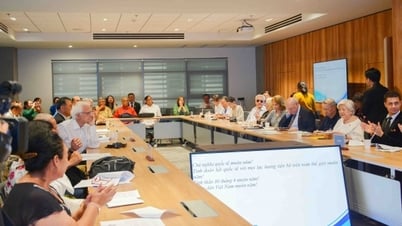


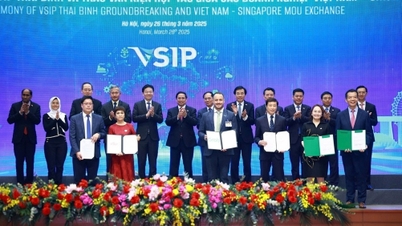
![[Photo] Feast your eyes on images of parades and marching groups seen from above](https://vphoto.vietnam.vn/thumb/1200x675/vietnam/resource/IMAGE/2025/4/30/3525302266124e69819126aa93c41092)



















































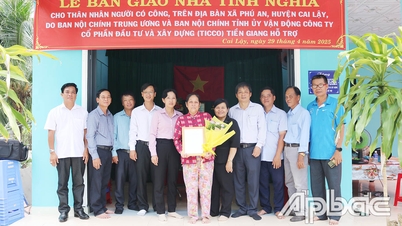

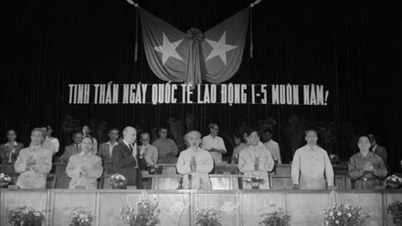
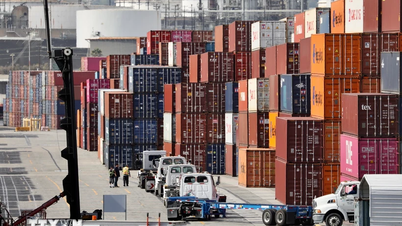

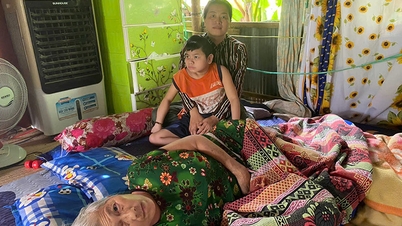










Comment (0)